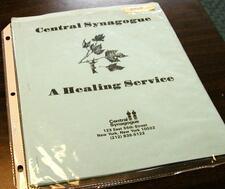Activism: Community Organizing
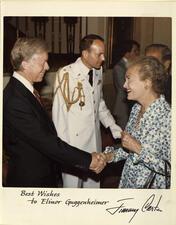
Elinor Guggenheimer
Elinor Guggenheimer first toured New York City day nurseries as a member of the Federation of Jewish Philanthropies during the 1930s. Horrified by what she saw, Guggenheimer began a lifelong crusade for improved and standardized child care facilities across the country, in addition to her work promoting women in public office.
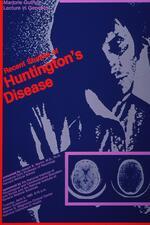
Marjorie Guthrie
First a dancer, then a teacher, Marjorie Guthrie founded the Woody Guthrie Children’s Fund and Archive in 1956 to preserve her husband’s works for future audiences. By the end of her life, she was a national activist for Huntington’s Disease and other genetic and neurological diseases.
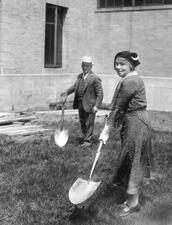
Hadassah in the United States
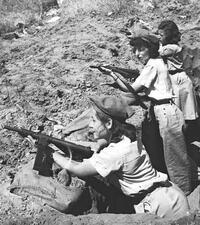
Haganah
Women played many different roles in the operations of the Haganah. Though their stories are frequently excluded from the story of the Jewish paramilitary organization in British Mandate Palestine, women served as caretakers and nurses, as well as fighters and commanders.
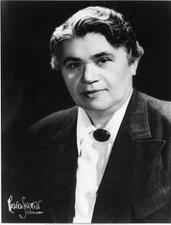
Pearl Hart
Pearl M. Hart was a pioneering attorney, activist, and educator. She devoted her life to defending the legal rights of the vulnerable and oppressed, especially women, children, immigrants, and gay men and lesbians. Her work in Chicago was instrumental in the development of the LGBTQ community there in the middle of the twentieth century.
Reina Hartmann
Reina Goldstein Hartmann focused her career on improving the lives of Jewish women in her native Chicago, serving as the leader of the Mothers Aid of the Chicago Lying-In Hospital and Dispensary as well as other organizations.
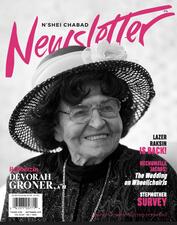
Hasidic Women in the United States
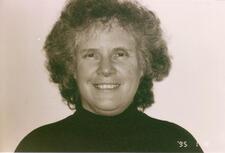
Rivka Haut
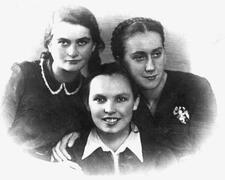
Bela Ya’ari Hazan
On the outbreak of World War II, Bela Hazan escaped her hometown of Rozyszcze, Poland, for Vilna, where she worked as a smuggler for the Dror movement. She was arrested by the Gestapo in 1942 and sent to Auschwitz, where she served as a nurse, then to Ravensbruck, and finally to Leipzig, from which she was liberated. She immigrated to Israel, where she died in 2004.
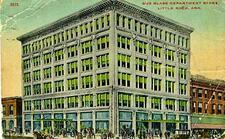
Adele Bluthenthal Heiman
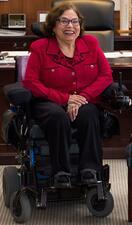
Judith Heumann
Judith (“Judy”) E. Heumann, a founder of the disability rights movement, is an internationally acclaimed leader of the disability community. Based in Washington, D.C., Heumann has been instrumental in the development and implementation of disability rights legislation.
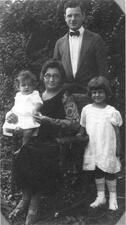
Bessie Abramowitz Hillman
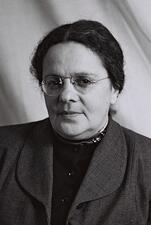
Beba Idelson
Beba Idelson was an Israeli politician and dedicated Zionist activist. She served as a member of the Knesset for sixteen years and was instrumental in shaping the character of the State of Israel, especially as it pertained to women’s rights.
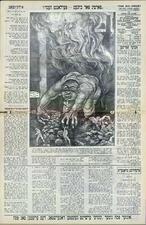
International Ladies Garment Workers Union
The International Ladies Garment Workers Union was founded in 1900 by eleven Jewish men who represented seven local East Coast unions with heavy Jewish immigrant populations. Initially excluded from the union, women began organizing and eventually developed bargaining power after the Uprising of the 20,000 in 1909.
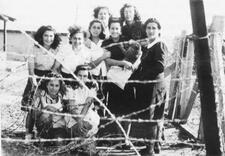
Irgun Zeva'i Le'ummi (I.Z.L.)
The Irgun Zeva’i Le’ummi was a Jewish underground armed organization formed in 1931 to fight British mandatory forces and Palestinian Arabs and their allies in the effort to form a Jewish state. Women were involved in all parts of the organization, from propaganda production and distribution to combat.
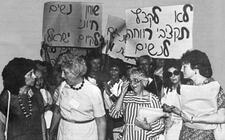
Israel Women's Network
The Israel Women’s Network (IWN) was founded in 1984 and is responsible for many of the feminist breakthroughs in Israel. Though the success of IWN led to an undesirable degree of politicization, it remains an active agent in Israeli feminism.

Jewish Women and Israeli Dance in Brazil
In various parts of Brazil, women have taken on important roles for the Israeli dance establishment as a sociocultural practice within their Jewish communities. The text presents the names of some pioneer women in this process and other ones that have been preserving this traditional Jewish expression of dance for years.
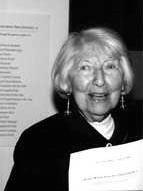
Anne Jackson

Jill Jacobs
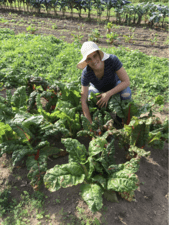
Jewish Environmentalism
Women have been central to the development of Jewish environmentalism in the United States. They founded organizations, wrote books, educated their communities, grew food, and advocated for better policies. These women saw their environmental ideals as directly connected to their Judaism and realized that our future may depend on this work in the face of the climate crisis.
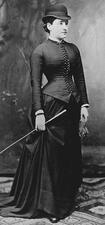
Jewish Feminism in Post-Holocaust Germany
Jewish feminism in Germany today is an expression of a wide-reaching renewal of Judaism occurring in many European countries since the early 1990s. German Jewish feminists built on the historical tradition of the Jewish women’s movement in pre-Holocaust Germany and has since taken many paths.
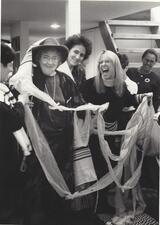
Jewish Feminism in the United States
Challenging all varieties of American Judaism, feminism has been a powerful force for popular Jewish religious revival. The accomplishments of Jewish feminists have transformed American Jewish life, even as the ultimate goal of gender equity and shared power has yet to be fully realized.
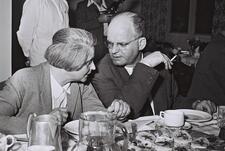
Senta Josephthal
Senta Josephthal was German-born Zionist activist who was particularly influential in the kibbutz movement. She trained and recruited young Germans to the movement and represented the kibbutz movement in national organizations and political arenas after emigrating to Palestine.

Juedischer Frauenbund (The League of Jewish Women)
Founded in 1904, The League of Jewish Women pursued secular German feminist goals while maintaining a strong sense of Jewish identity. The League supported vulnerable women through practical social reforms while fighting for political power within the German Jewish community. It saw employment opportunities as essential to women’s economic, psychological, and emotional independence.
